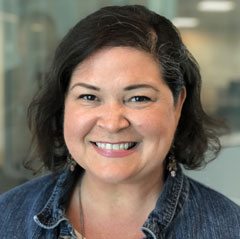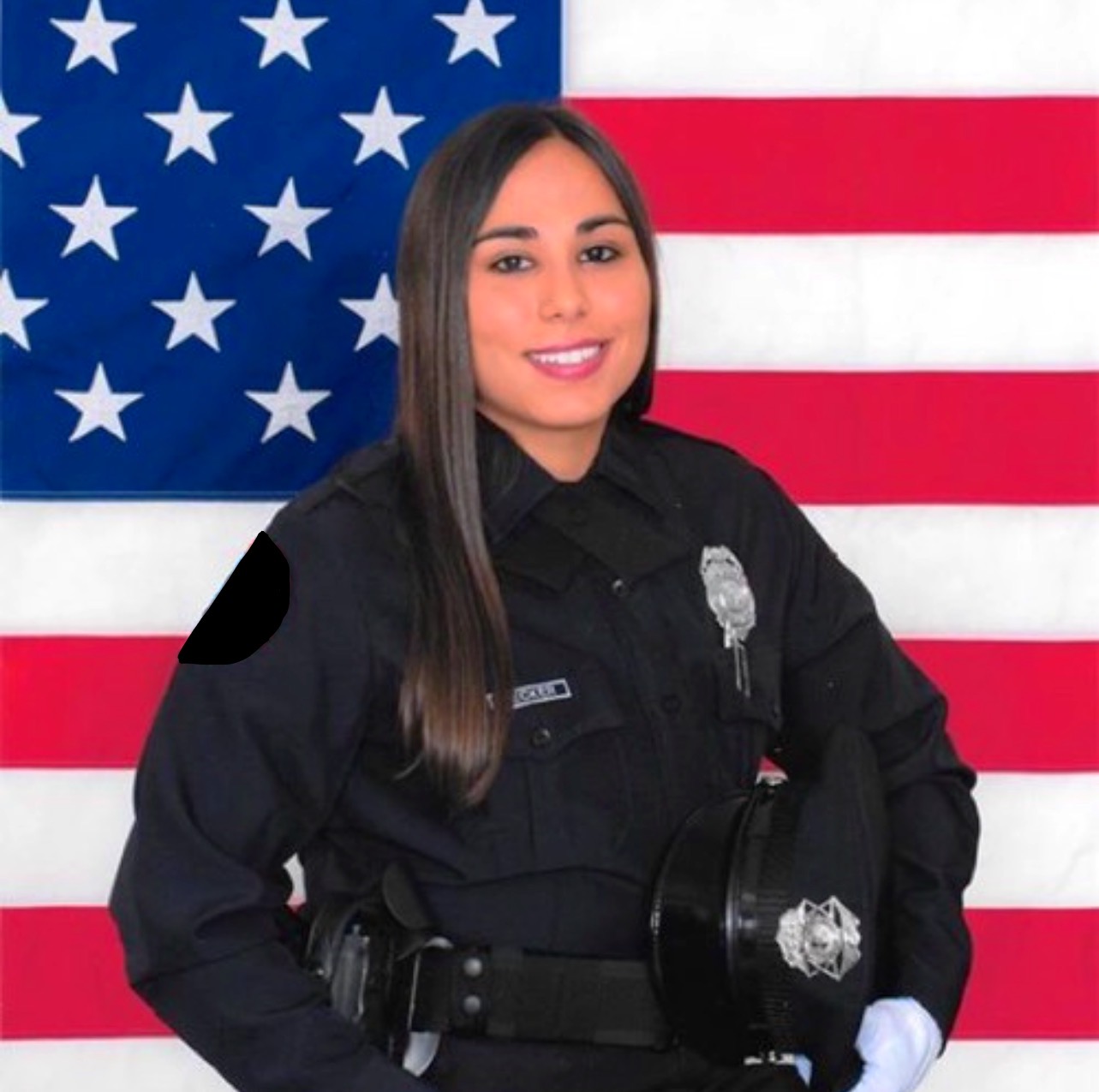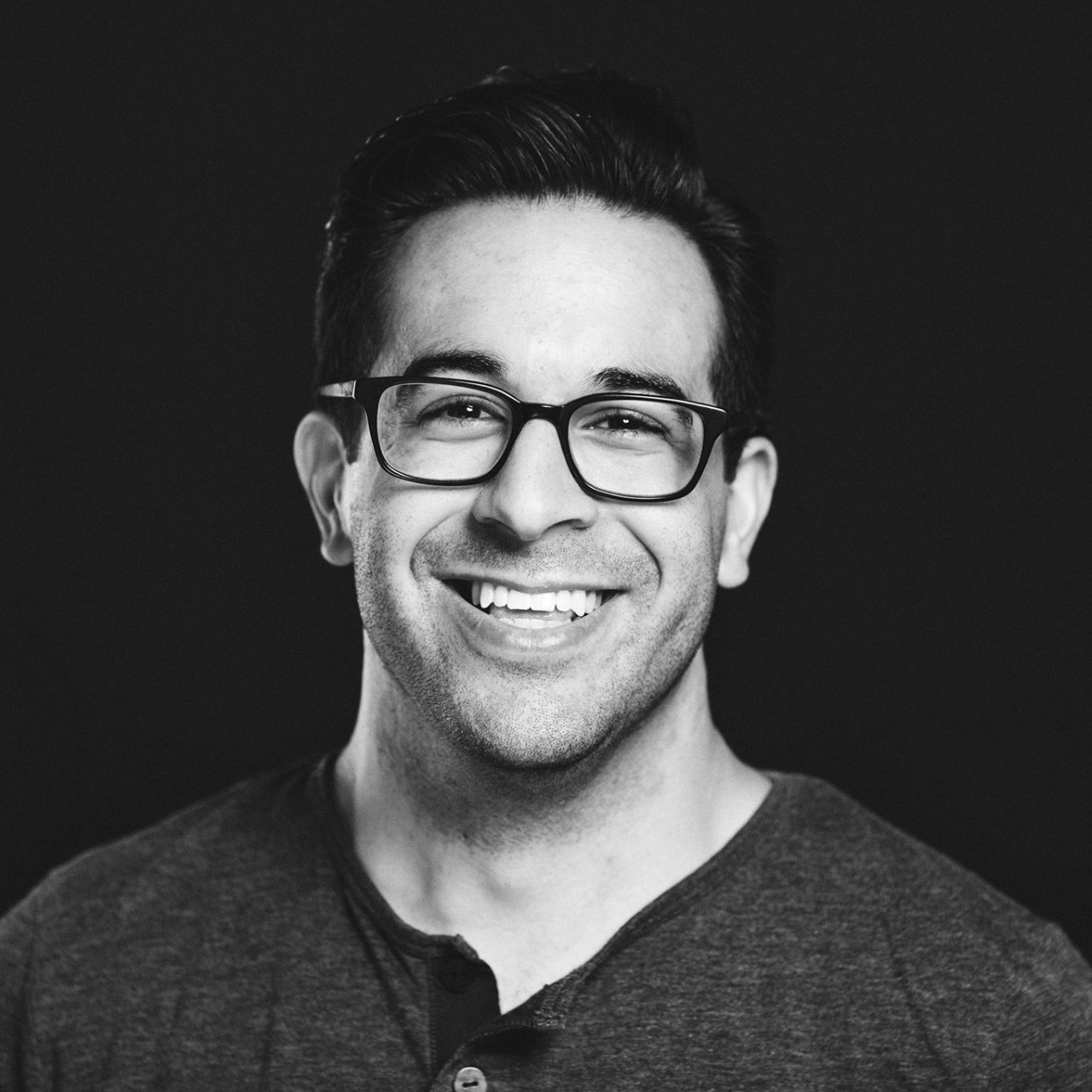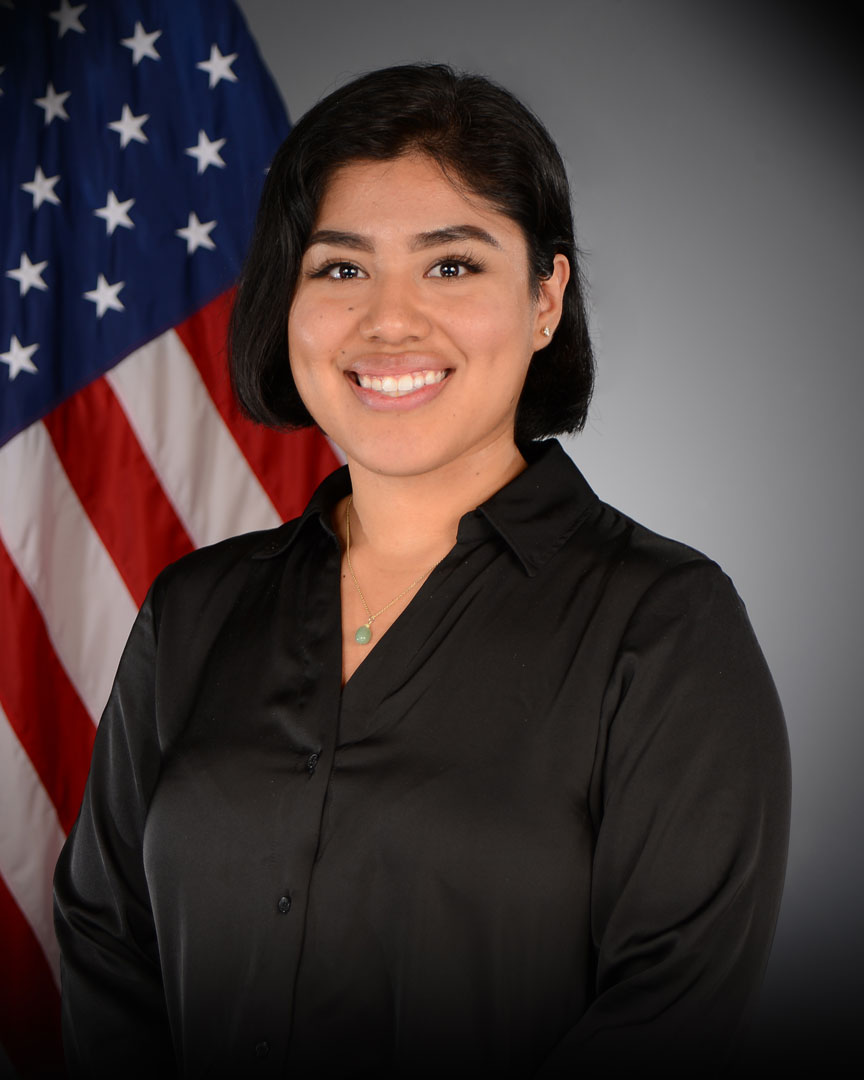FIU trains students to fight global crime with real-world experience

Jul 18, 2022, 10:00 AM.
article key points
The Master of Arts in Global Affairs: International Crime and Justice track offers students a unique, cross-disciplinary program and capstone research project that allows learners to work on some of the most pressing issues in real-time with law enforcement and justice agencies worldwide, 100% online.
As the world accelerates toward globalism and interconnection, the use of technology provides certain conveniences for all. A simple app can help with deliveries, communication across the world, and travel arrangements for regular citizens.
These same conveniences also give criminal enterprises the ability to expand their networks across the globe moving illicit products and making money, notes Shlomi Dinar, associate dean for graduate studies and innovation at the Steven J. Green School of International and Public Affairs.
Great need
Global crime rates are at an all-time high. In addition, human rights violations worldwide are also of concern. Building legitimate policing both domestically and internationally has become another major issue. All of these topics stress the need for professionals to be versed in international affairs, and domestic and international justice and law.
In direct response to the need for graduates well-steeped in understanding the nexus of global affairs and crime and justice, FIU created the online Master of Arts in Global Affairs: International Crime and Justice track, states Dinar, who also teaches in the program. In addition to students using the degree and track to enter the field, many professionals currently in the field of law enforcement use this program as a stepping stone toward career advancement.
Student view

“Since my career is in law enforcement, I knew this program would not only benefit the domestic side of crime, but also provide me with an international perspective,” says Police Officer and alumna Alexa Becker ’20, who discusses the variety of classes in the program.
“The most surprising thing that I learned that I did not expect was how quick crime methods and types of crime change. Especially with technology improving, crime is expanding at a rapid rate and continues to grow, globally,” says Becker, whose favorite class was one that instructed her on how to collect and analyze data.
Global partners
“Our focus is international. The track is unique because it is cross-disciplinary as it brings together the fields of criminal justice, global affairs and national security—it’s not your traditional criminal justice master’s degree—the focus is on transnational crime, human rights, international law and justice, among other topics,” Dinar explains.
After more than a decade, the program has well-established partnerships with federal agencies, nongovernmental and international organizations. Every student has the rare opportunity to work with an outside mentor from a partnering organization in a capstone course.

“I wanted to go to Washington, D.C., to work in policy and be a catalyst for change,” says alumnus Abelardo Gonzalez, who worked as a legal assistant at the Miami-Dade State Attorney’s Office when he started the program in 2020.
After successfully completing the global affairs program this spring, Gonzalez secured a job at Accenture Federal Services as a strategy and consulting analyst. Because of the curriculum’s relevant coursework, the program’s extensive network, and his capstone research project, he successfully nailed his job interview, he says.
“In the interview, I discussed current trends in criminal justice and how they can be improved. I combined information that I learned in my first year and my capstone research project, which pretty much geared me up for consultant life,” he recounts.
Real-time investigations
Each summer, the program’s capstone research topics are collected and arranged for the cohort. Topics are solicited from the program’s vast array of federal, non-governmental, and international partners as well as new partners. In the fall, students review the topics and rank them. The program then assigns two students to each capstone project.

Paired-up students work in real-time with policy-relevant research issues in partnership with a mentor from the capstone partner as well as an expert faculty supervisor who further guides the students. In the past, students have worked with the agencies like the FBI, Southern Command, the UN, the Counterterrorism Center at the Defense Intelligence Agency, and the International Cocoa Initiative, to name a few.
Vanessa Huerta, a graduate student in the fully online program, has a long-term goal to work for the U.S. State Department. She’s currently studying for the Foreign Service Officer test and interning at SOUTHCOM and the Florida National Guard.
“I’m really excited for the capstone research project. The program is not only providing us with a great curriculum but also pairing us with mentors to help us build professional relationships to give us the tools necessary to move forward,” she states.
Aggregate and interpret big data
Student research in the capstone, many times, consists of interpreting data and patterns so as to provide analysis for current policy issues.
“There are a lot of pressing issues,” says Dinar. “But one of the greatest concerns is transnational crime and the ability for criminal organizations to expand and engage in global crime, whether they’re using technology to do so, or collaborating with other organizations.”
The program leverages adjunct faculty expertise from those who work in the field like Special Agent John Tobon, who works for Homeland Security Investigations. Dinar also stresses that the program prepares graduates with skill sets that employers desire like GIS and mapping, cybersecurity, research methods, as well as writing and presentation skills. Students are prepared to aggregate big data as well as interpret it through the visualization of data.
Employers for this field are plentiful, says Dinar, and graduates have landed positions with Homeland Security, the U.S. Coast Guard, Children’s Home Society, local law enforcement, municipal offices, Defense Intelligence Agency, FBI, CIA, United Nations, National Human Trafficking Resource Center, and many more.
“Over 90 percent of our graduates are employed before or just after graduation,” affirms Dinar. “Fighting transnational crime and addressing global injustices are not only paramount for global security; they are also exciting fields. ”
